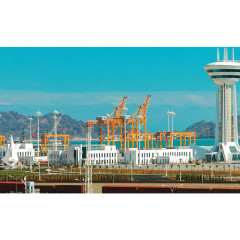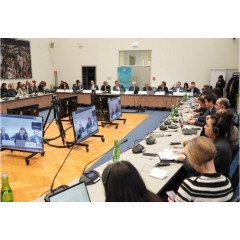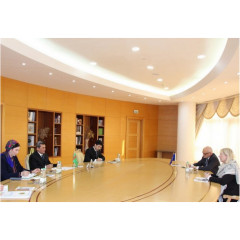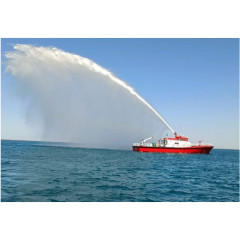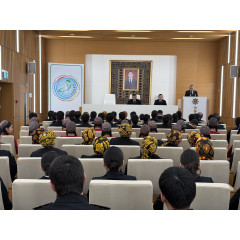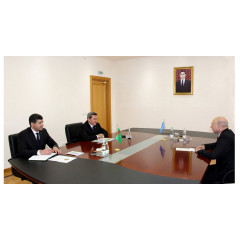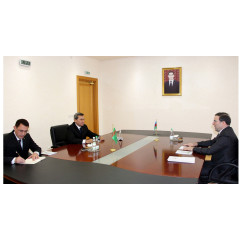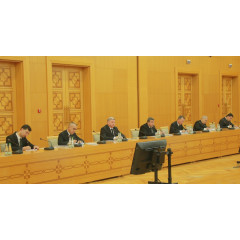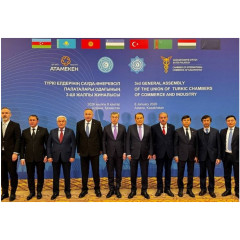

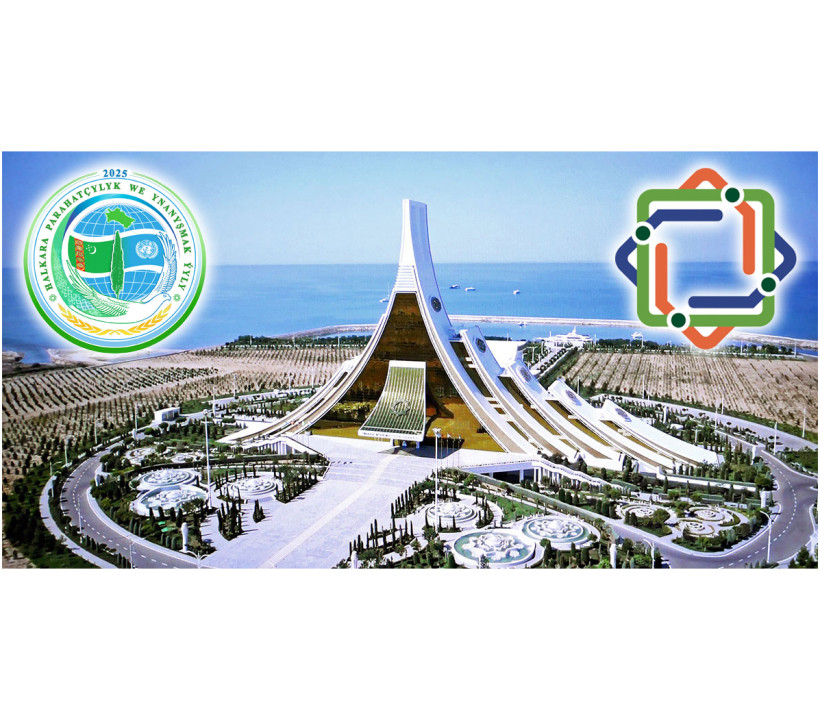
Today, in the National Tourist Zone "Avaza", in the conference center, the opening of the Youth Forum took place, which is being held within the framework of the Third United Nations Conference on Landlocked Developing Countries (LLDC3).
The forum brings together high-level officials from UN Member States and UN organizations, as well as youth representatives, including members of the Youth Advisory Group and other youth activists.
Why is this forum important?
Landlocked developing countries (LLDCs) bear the brunt of the impacts of climate change and external shocks due to their unique geographic and structural challenges, such as lack of direct access to the sea, transportation barriers, and inadequate infrastructure. However, these challenges present enormous opportunities, especially for the youth of these countries.
With approximately 58% of the population of landlocked countries under 25 years of age, young people represent a significant resource of potential and innovation. With this population projected to grow from 110 million in 2022 to over 140 million by the end of the next decade, there is a clear need to harness their energy and creativity. However, high illiteracy rates and entrenched inequalities pose barriers to fully realising this potential.
UN Secretary-General António Guterres emphasizes that young people hold the key to the future and have bold solutions. Enabling them to participate in decision-making processes is not only a matter of inclusion, it is a strategic imperative for the success of landlocked developing countries and their development trajectories.
LLDC3 is intended to be a turning point. It should become a platform for constructive dialogue not only between landlocked developing countries and development partners, but most importantly with young people themselves.
By actively involving youth in the development of policies and initiatives, landlocked developing countries can realize their full potential and ensure their active participation in the implementation of the new Programme of Action in line with the goals of the 2030 Agenda.
